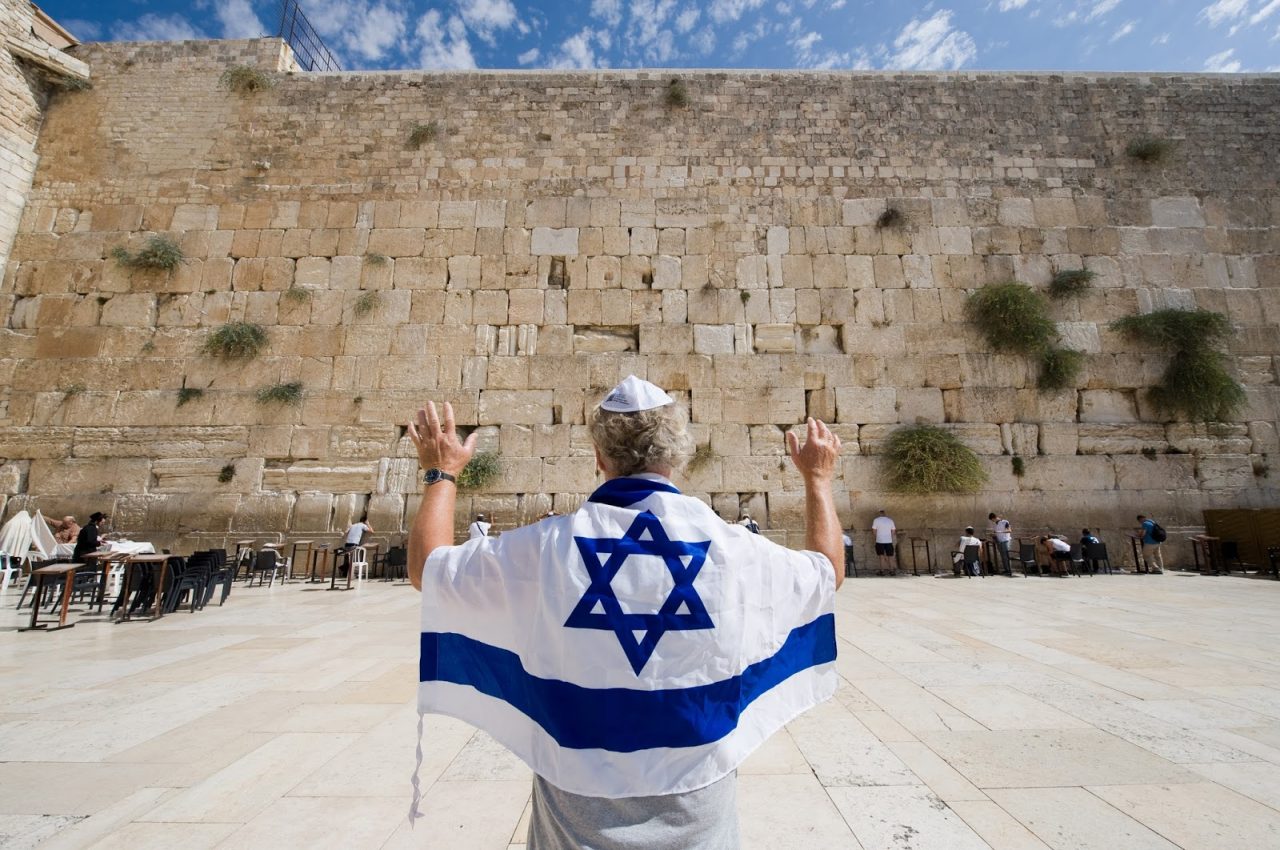653
Tomorrow marks the 70th anniversary of the United Nations’ vote to fulfill the 1917 Balfour Declaration and recognize “the Jewish people’s right to a national home in their ancient homeland.”
On November 29, 1947, the U.N. General Assembly voted to adopt the United Nations Partition Plan for Palestine to become effective after the end of the British Mandate in May 1948. This Partition Plan recognized the creation of independent Arab and Jewish states. That 1947 U.N. vote is recorded in U.N. Resolution 181. The Partition Plan was accepted by the Jewish Agency for Palestine, but the Arab leaders and governments rejected the Plan and were unwilling to accept any territorial division.
While several nations such as France, Germany, and Japan had considered, or were considering, similar plans, the Balfour Declaration was a public statement issued by the British government 100 years ago in 1917 following Great Britain’s defeat of the Ottoman Empire. With there being a strong Jewish presence in the region of Israel for the last 3,000 years, and the cultural and historic value to their community, the letter states:
“His Majesty’s Government view with favour(sic) the establishment in Palestine of a national home for the Jewish people, and will use their best endeavors to facilitate the achievement of this object, it being clearly understood that nothing shall be done which may prejudice the civil and religious rights of existing non-Jewish communities in Palestine or the rights and political status enjoyed by Jews in any other country.”
The opening words of the declaration represented the first expression of public support for Zionism by a major political power. The term “national home” had no precedent in international law, and was intentionally vague as to whether a Jewish state was contemplated. The declaration also led to the creation of Mandatory Palestine, which later became Israel and the Palestinian territories. As a result, it is considered to have caused the ongoing Israeli–Palestinian conflict, often described as the world’s most intractable conflict.
This year, the U.S. Senate passed a resolution recognizing the importance of the Balfour Declaration and its goal to support the rights of Jewish and non-Jewish communities.
On November 29, 1947, the U.N. General Assembly voted to adopt the United Nations Partition Plan for Palestine to become effective after the end of the British Mandate in May 1948. This Partition Plan recognized the creation of independent Arab and Jewish states. That 1947 U.N. vote is recorded in U.N. Resolution 181. The Partition Plan was accepted by the Jewish Agency for Palestine, but the Arab leaders and governments rejected the Plan and were unwilling to accept any territorial division.
While several nations such as France, Germany, and Japan had considered, or were considering, similar plans, the Balfour Declaration was a public statement issued by the British government 100 years ago in 1917 following Great Britain’s defeat of the Ottoman Empire. With there being a strong Jewish presence in the region of Israel for the last 3,000 years, and the cultural and historic value to their community, the letter states:
“His Majesty’s Government view with favour(sic) the establishment in Palestine of a national home for the Jewish people, and will use their best endeavors to facilitate the achievement of this object, it being clearly understood that nothing shall be done which may prejudice the civil and religious rights of existing non-Jewish communities in Palestine or the rights and political status enjoyed by Jews in any other country.”
The opening words of the declaration represented the first expression of public support for Zionism by a major political power. The term “national home” had no precedent in international law, and was intentionally vague as to whether a Jewish state was contemplated. The declaration also led to the creation of Mandatory Palestine, which later became Israel and the Palestinian territories. As a result, it is considered to have caused the ongoing Israeli–Palestinian conflict, often described as the world’s most intractable conflict.
This year, the U.S. Senate passed a resolution recognizing the importance of the Balfour Declaration and its goal to support the rights of Jewish and non-Jewish communities.
Source: lc.org
Courtesy of Robert Hoetin/shutterstock.com




